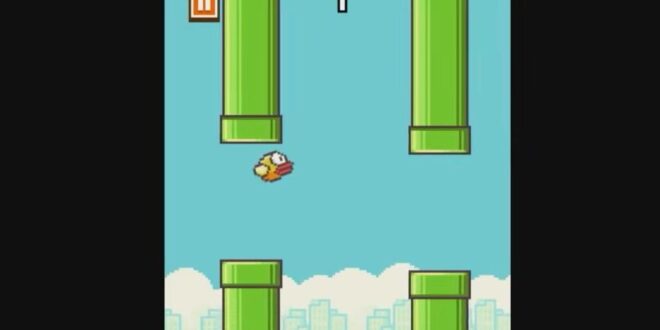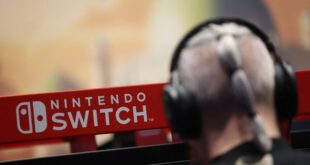When a much-loved but now, sadly defunct video game suddenly comes back to life, you’d think it was a cause for celebration as gamers around the world flex their thumbs in anticipation. But the story around Flappy Bird’s return to phone screens is complex, even murky. News site TechCrunch reports that an organisation called the “Flappy Bird Foundation” has announced plans to “re-hatch” the original Flappy Bird.
You most likely remember this casual game from 2013 – it had very few controls but addictively fun gameplay that saw players steer the titular flapping bird past tricky obstacles. In 2013 it was a viral hit, but the game’s original creator, Dong Nguyen, has posted a blunt, confusing statement on X that effectively disavows the upcoming Flappy Bird revival. “No, I have no related with their game” he said, adding “I did not sell anything,” TechCrunch reports. Turns out, this “re-hatched” Flappy Bird really has nothing at all to do with the original, apart from the intellectual property value of the brand.
So what’s up?
When Nguyen released the game in 2013, he had no visions of it becoming a viral gaming success. It only took him a few days to make. But Flappy Bird took off several months after its launch with such ferocity that at one point Nguyen was said to be earning US$50,000 per day from the app – an annualised rate of over US$18mil. The game even achieved the greatest of app store heights, beating more expensive apps built by well-funded developers, by becoming the most-downloaded app on both the iPhone App Store and Google’s Android Play Store at the end – in early 2014 tech site Mashable said it had hit the number one spot in 53 countries’ App Stores.
While most app developers would revel in that sort of success, Nguyen’s tiny enterprise.Gears just wasn’t prepared for all the hype, all the sudden media attention, all the user questions, and all the public criticism – including media accusations that Nguyen had ripped off the game’s art from Nintendo.
It all got too much. Nguyen blamed the game for upsetting his previously “simple life,” and took Flappy Bird off the market in 2014, posting a brief, heartbreaking comment to explain his decision: “I cannot take this anymore.”
And so Flappy Bird died.
The new game, taking flight eight years later, TechCrunch says, was created by a group which self-describes as a “new team of passionate fans committed to sharing the game with the world.” This group is said to have secured the rights to the title from Gametech Holdings, LLC. But Nguyen seems to have had no relationship with Gametech, and instead Gametech successfully filed a suit early this year to assume ownership of the trademark which had been considered “abandoned.”
Shake it off
The Flappy Bird flap doesn’t seem like a rerun of the Taylor Swift drama in which the singer was, in her words, “stripped of (her) life’s work” when her former music label was bought by powerful music exec Scooter Braun, robbing her of control over her intellectual property. Instead it seems like Nguyen really was “done” with Flappy Bird and just let it go – despite the fact that the game’s name is still well known a decade after it was taken offline, and many players likely still have fond memories of playing it. Flappy Bird’s name still has inherent value… it’s just that Nguyen doesn’t seek to profit from it.
Speaking of profit, there’s no information yet as to how Gametech will monetise Flappy Bird, but the market has evolved a lot since 2014. There is a host of options available, starting with an upfront cheap fee to buy it (trading off the famous name), embedded ads, or in-app-purchases for add-ons like many other game apps.
Maybe if Nguyen had been operating within some sort of startup program in 2013 he’d could have been better placed to deal with the sudden cash flow, fame and demands of running a virally successful business. Experienced entrepreneurs or VC backers acting as mentors could have cushioned these blows somewhat.
Nevertheless, what’s happened with Flappy Bird’s intellectual property rights is a stark lesson about carefully managing the IP of your company – especially since you don’t know how valuable currently owned may be in the future, and how AI companies are desperate to copy it and make money from it right this minute. – Inc./Tribune News Service
 BeritaKini.biz Berita Viral Terkini di Malaysia
BeritaKini.biz Berita Viral Terkini di Malaysia





